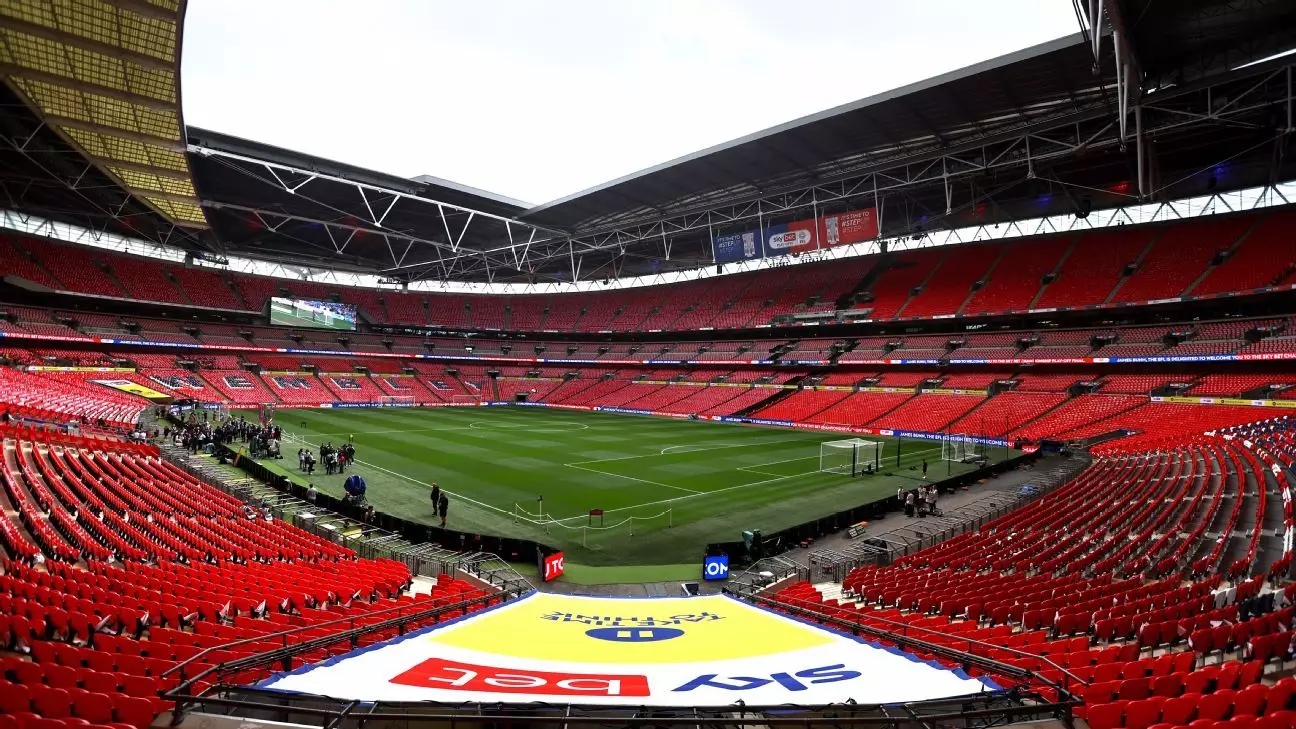The world of English football stands on the precipice of significant change as discussions surrounding the establishment of an Independent Football Regulator (IFR) gain momentum. The Football Governance Bill, poised for introduction in the House of Lords, highlights the urgent need for reform in a system facing dire financial disparities and governance issues. With echoes of past crises like the collapse of clubs such as Bury and Macclesfield still resonating, the proposed regulatory framework promises to reshape the landscape of English football, ensuring it remains anchored in its community roots.
Financial Sustainability: The Core Objective
At the heart of the Government’s initiative lies the principle of financial sustainability. Recent years have exposed a growing chasm between the elite clubs and others in the football hierarchy. High-profile failures, primarily attributed to reckless financial practices and mismanagement, have turned the spotlight on a system that frequently prioritizes profit over community value. Amid such turmoil, the DCMS emphasized that the IFR would not just monitor but actively regulate club finances, ultimately aiming to create a more equitable financial environment across the football pyramid.
The illusion that football clubs can operate purely as profit-driven enterprises has been debunked. As former Manchester United player Gary Neville aptly expressed, football’s cultural significance in England mandates that its future should not be solely dictated by individual owners. In essence, the IFR is envisioned as a catalyst for reform, enabling clubs to operate responsibly and sustainably while keeping fans engaged, thus reinforcing the social fabric surrounding each team.
Envisaged to wield considerable power, the Independent Football Regulator is designed to enforce a club licensing regime, ensuring a consistent standard among clubs. This approach not only seeks to mitigate financial risks but also to protect the integrity of the sport itself. By evaluating financial stability, the IFR will be instrumental in preventing clubs from engaging in excessive risk-taking—an issue that has plagued the sport for too long.
Furthermore, tackling the problem of rogue owners is a pivotal part of the regulator’s mandate. By instituting stricter measures for ownership transparency and accountability, the IFR is set to discourage mismanagement and destabilizing practices. This change is both timely and necessary, particularly in the aftermath of attempts to form breakaway leagues, which threatened the competitive integrity and financial stability of the traditional football ecosystem.
Despite the optimism surrounding the regulatory proposal, apprehensions remain. The Premier League’s concerns regarding the potential implementation of ‘banking-style’ regulations shed light on the delicate balance that needs to be struck. The overarching objective should be to foster an environment conducive to sustainable growth while preserving the unique characteristics that have made English football a global phenomenon.
As highlighted in their statement, Premier League officials call for a collaborative approach involving lawmakers, clubs, and the regulator to ensure that the legislation establishes the right safeguards. The effectiveness of the IFR may depend not only on its regulatory powers but also on the checks and balances that govern its operations. The goal here is to empower the regulator without compromising the diversity and global appeal of English football.
The journey toward implementing an Independent Football Regulator marks a pivotal moment for English football. This initiative comes not just in the context of recent financial disparities but also as a response to the growing discontent among supporters and stakeholders regarding the direction of the game. With the recent past serving as a cautionary tale, the development of a comprehensive regulatory framework seeks to rehabilitate the sport and mitigate the risks associated with mismanagement.
As the Football Governance Bill heads to Parliament, the conversations that follow will inevitably shape the future of football in England. This historic bill represents hope for a system that aligns with the aspirations of fans, clubs, and the broader community. Now, more than ever, the landscape of English football stands ready for a transformation that marries governance with the passion that fuels the game.
